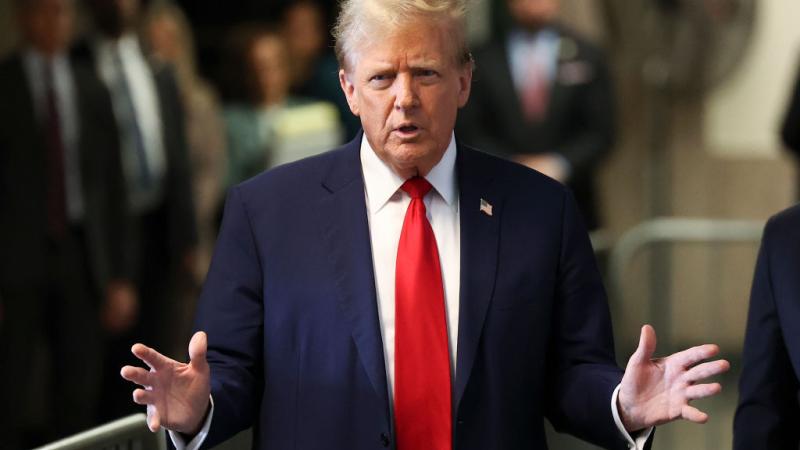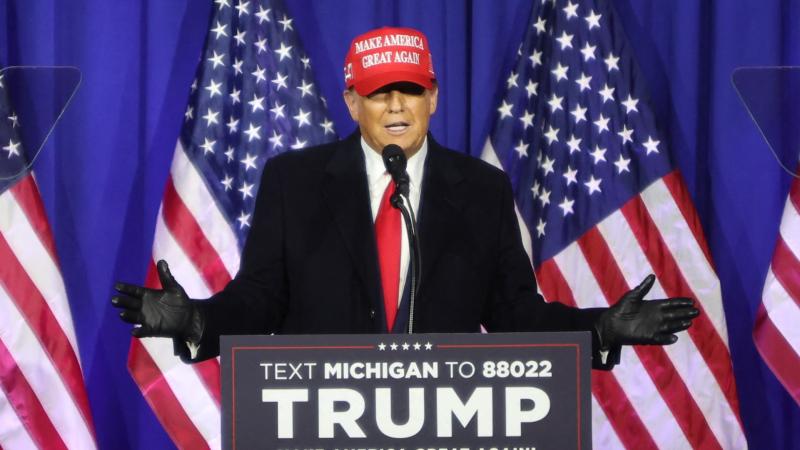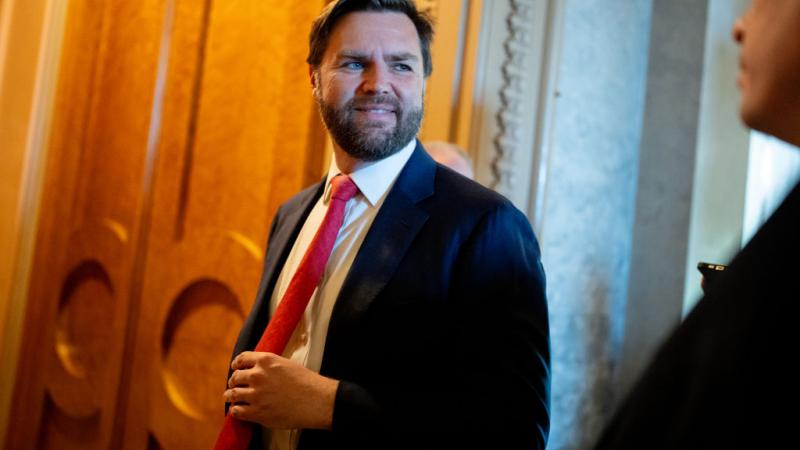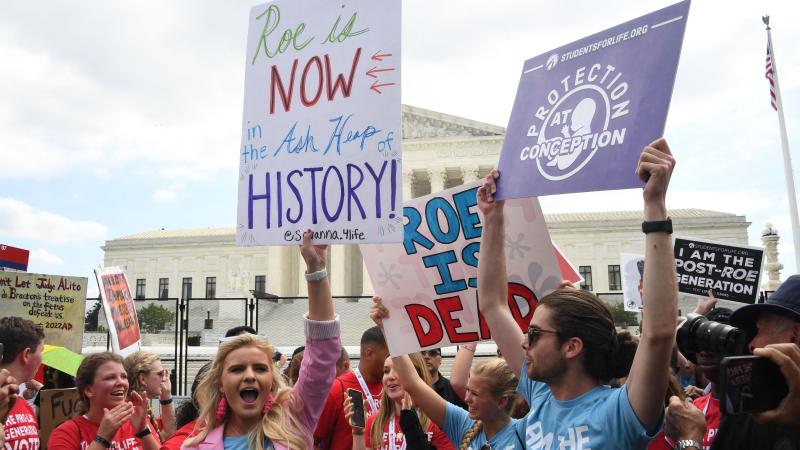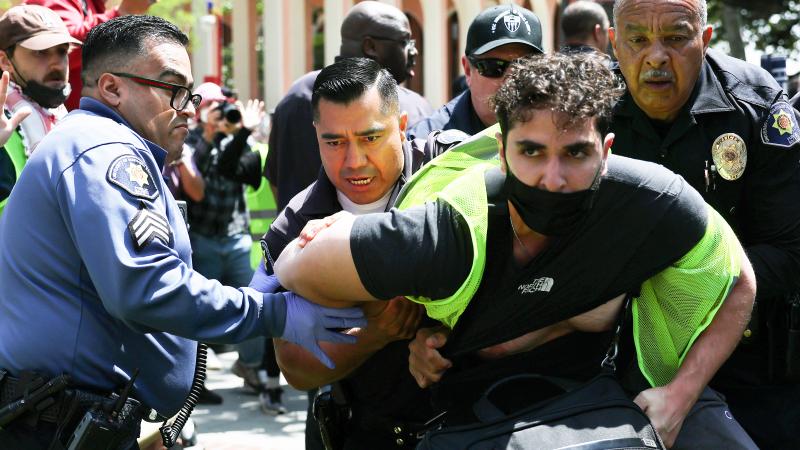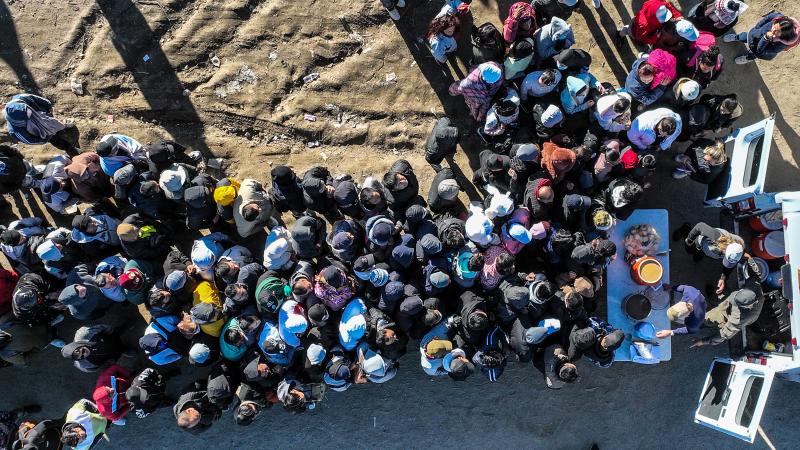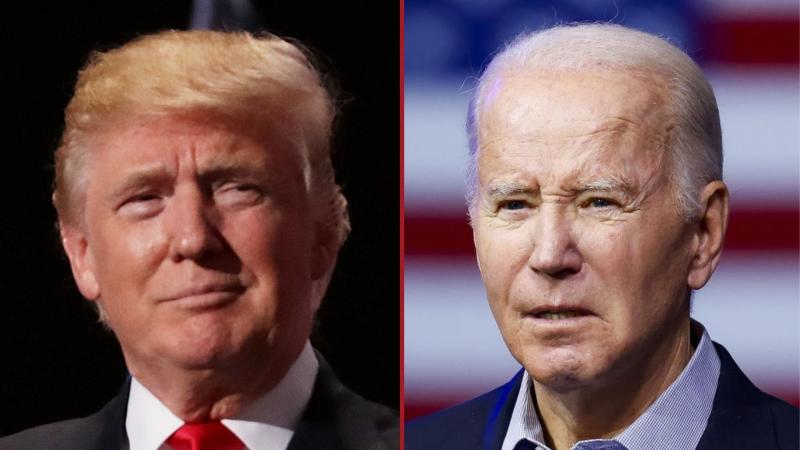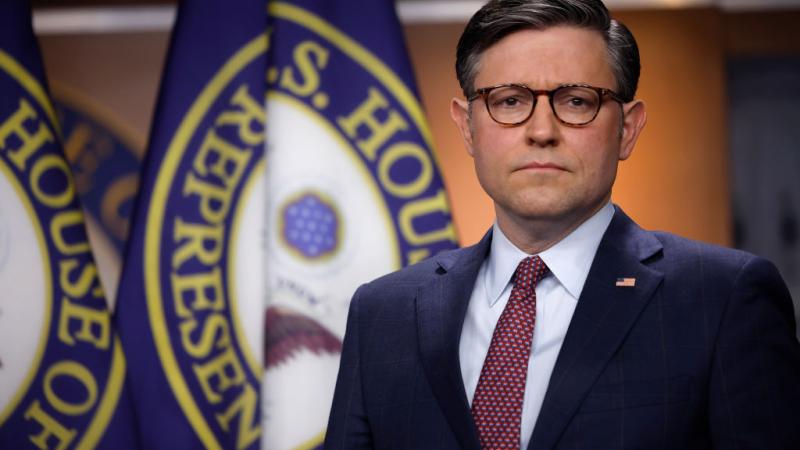Trump shattered diplomatic norms, rejected establishment to pave way for historic Middle East peace
Trump ignored historical convention set by past U.S. presidents by not visiting a North American country — typically Canada, though George W. Bush opted for Mexico — for his first foreign trip as president, opting instead to visit Saudi Arabia.
President Trump shattered traditional U.S. diplomatic norms and rejected an old-guard foreign policy establishment to pave the way for Tuesday's historic Middle East peace deal.
Right out of the gate, Trump rejected historical convention set by past U.S. presidents by not visiting a North American country — typically Canada, though George W. Bush opted for Mexico — for his first foreign trip as president. Instead, in May 2017, Trump's first foreign trip was to Saudi Arabia, where he met with leaders of 54 Arab and Muslim-majority nations, setting the stage for Tuesday's breakthrough peace agreement known as the "Abraham Accords."
At that 2017 summit in Riyadh, Trump delivered a speech urging the Muslim world to unite against terrorism.
"My message that day was very simple: I urged the nations of the Middle East to set aside their differences, unite against the common enemy of civilization, and work together toward the noble aims of security and prosperity," Trump said Tuesday on the White House South Lawn just prior to the signing of the accords. "I offered America's friendship. I offered America's help. But, I said clearly that the nations of the regions had to decide what kind of a future they wanted for their children, and for their families, and for their nation itself. No one could make that choice for them. They had to do that themselves."
Under the Abraham Accords, Israel, the United Arab Emirates, and Bahrain will establish embassies, exchange ambassadors and cooperate as partners across a range of sectors from tourism to trade and health care to security. The Abraham Accords also open the door for Muslims around the world to visit historic sites in Israel and to peacefully pray at al-Aqsa mosque in Jerusalem, the third holiest site in Islam.
"Together, these agreements will serve as the foundation for a comprehensive peace across the entire region, something which nobody thought was possible certainly not in this day and age — maybe in many decades from now — but one founded on shared interests, mutual respect, and friendship," Trump said. "To our honored guests from Israel, the United Arab Emirates, and Bahrain, congratulations on this outstanding achievement."
Trump's work on the accords came also after he bucked the foreign policy establishment and chose to move the U.S. embassy to Jerusalem from Tel Aviv in 2018. It was an act previous presidents had said they would undertake in compliance with congressional mandate — but never did, choosing instead to exercise a congressional waiver to put off the move.
Trump's decision was met with howls of protest from old-guard U.S. foreign policy grandees, including former CIA Director John Brennan and former Secretary of State John Kerry.
"Here's a priceless Brennan prediction from 2018: 'By moving Embassy to Jerusalem, Trump...destroyed US peacemaker role.' People actually pay John Brennan money to explain what's going on in the world," wrote Michael Doran, a senior fellow at the Hudson Institute.
Doran also noted that "Kerry made a similarly dire prediction but two years earlier. If Trump were to move the embassy to Jerusalem, 'You’d have an explosion. An absolute explosion in the region.'"
On Tuesday, Trump signaled that the deal sets the foundation for a broader regional peace "many said was impossible," saying that it's a lie that Jews and Arabs are enemies.
Acknowledging that "today's agreement is an important first step," Abdullatif bin Rashid Al-Zayani, Bahrain Minister of Foreign Affairs, a signatory to the accords, said, "it is now incumbent on us to work urgently and actively to bring about the lasting peace and security our peoples deserve. A just, comprehensive, and enduring two-state solution to the Palestinian-Israeli conflict will be the foundation, the bedrock of such peace."
Israeli Prime Minister Benjamin Netanyahu called Tuesday's accords a "pivot of history."
"It heralds a new dawn of peace," he said. "For thousands of years, the Jewish people have prayed for peace. For decades, the Jewish State has prayed for peace. And this is why, today, we're filled with such profound gratitude."
Foreign Minister Abdullah Bin Zayed of UAE greeted the audience at the signing ceremony in English then transitioned to speaking in Arabic through a translator. He thanked Netanyahu for halting land annexations in the West Bank as part of the peace process and said the accords will reverberate through the Middle East to alleviate suffering and poverty.
"Good for him for having a distraction on a day when the numbers of people who are affected and the numbers of people who are dying from this virus only increases," Pelosi said on CNN Tuesday.

